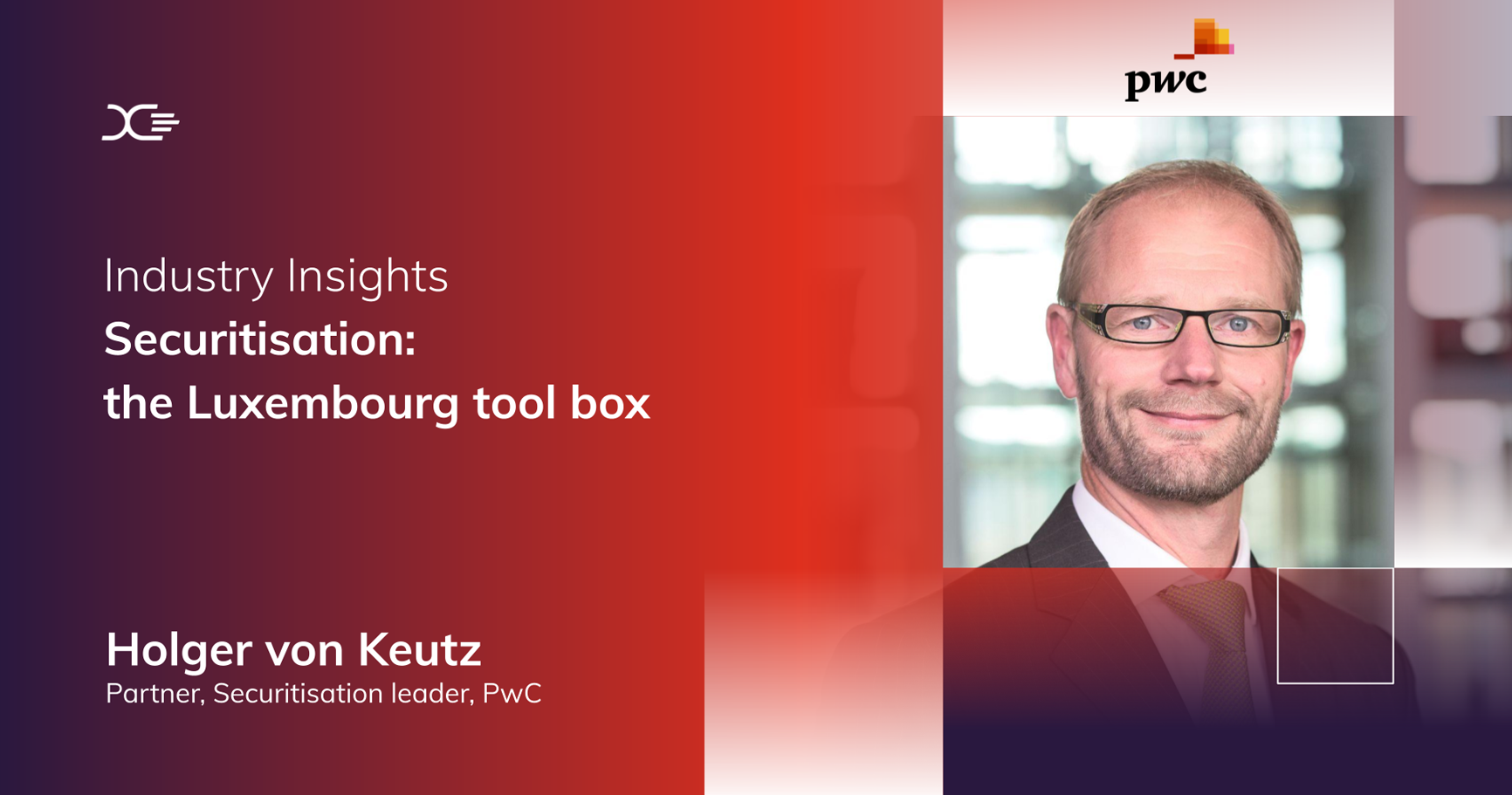Make Your Time Matter With Daniel
From working student to data scientist
Hi Daniel, please introduce yourself and how you came to work at CrossLend
I’m Daniel Binsfeld, born and living in Luxembourg. I did a Bachelor’s degree in Economics at Munich University, and then during an internship I became interested in data science. So I decided to do a Master’s degree in finance and data science at Humboldt University of Berlin. While studying, I was looking for a student working position at a company that could support me while I was writing my final thesis. By coincidence I read about CrossLend in a Luxembourgish newspaper since the finance minister was visiting Berlin and he also visited CrossLend. I sent in an unsolicited application, and they were convinced and hired me.
And once you finished your studies, what made you want to stay working at CrossLend?
During my time as a working student, I was involved across a wide variety of topics, and I received good insights into the business strategies and processes. While mainly supporting our sales activities at the beginning, over time I became more and more involved in the development of data analytics for our customers. Back then, we were still at a very early stage and most of the analysis was conducted on an ad-hoc basis and in a non-automated way. An initial activity was rebuilding cash flow models that had been developed in Excel spreadsheets in R, a programming language I used back then at university. This was very interesting for me – at the time I felt it would be the complete solution, but really it was just the beginning. I kept on being curious about new approaches and technologies, and the fact that I have been learning new things every day makes me stay at CrossLend. The colleagues I enjoy working with on a daily basis are a decisive factor for me as well. Lastly, it was also not insignificant for me that CrossLend had an office in Luxembourg, since I knew that at some stage I wanted to return to my home country.
Talking about your work at CrossLend, what are some of the ways that data can help our clients?
When onboarding new loan data, the focus lays on validation and standardisation. Our data ingestion framework is one area that is extremely powerful in my opinion, and it builds the basis for any further analysis that can be conducted or generating reports. We are connected to a lot of different data sources and formats from different originators, thereby reducing the efforts needed on their side. While we can adapt to different input formats, the main feature we offer here is the standardisation of loan performance. For example, different originators have different definitions of default – what we are doing there is treat them all the same and make them comparable. This is obviously beneficial for investors but also for us, as we are having good control over the portfolios we market. For platform users, the metrics we present help them to get a good understanding of the underlying economics of a portfolio, especially when they make use of the filters and analytics tools we provide. Having a solid understanding of the asset is the main prerequisite to make good investment decisions.
Looking at the CrossLend platform, what is one innovation or product feature that impresses you?
Personally, I like the loan detail view a lot. This is a section where one can make the is-should comparison by comparing the actual and scheduled payments for each loan. This feature is especially helpful in combination with the standardisation we offer. Many financial institutions present and even collect data only on an aggregated portfolio level, whereas on our platform you can click on each individual loan and see all the details.
CrossLend has six company values (innovation, sustainability, fun, open dialogue, respect & fairness, and teamwork) – which of these do you most identify with, and why?
Respect and teamwork is really good in the IT team. Open dialogue is also certainly present, since we spend a lot of time communicating about our projects.
How would you describe the experience of working at CrossLend – the office itself, remote work opportunities, work-life balance, and of course your wonderful co-workers?
I have been remote working for two years, since the start of the pandemic. I occasionally visit the office in Luxembourg. I live outside of the city so remote work avoids commuting, which is obviously a very important aspect regarding a healthy work-life balance. Instead of sitting in the bus while commuting, I do have enough time in the morning and after work to spend with my family, or to pursue my hobbies. Regarding the collaboration and communication with my co-workers, I can say that the fact that I’m remote is not having a negative impact on that at all. It is clear that the social aspect is missing from time to time but this is why I do enjoy coming to Berlin every now and then for the Presence Weeks.
What are some books you would recommend?
I like to read articles from Towards Data Science, it’s a Medium blog that has some quite interesting articles on any topic related to Data Analytics and Science.
Thank you for your time and telling us about your role Daniel.
Related articles
Securitisation: active management option to boost Luxembourg hub
The overhaul of Luxembourg’s securitisation laws introduced a number of changes, notably allowing for active management and a broader [...]
Originator Spotlight/Lenderwize
A fast-growing trade finance platform, Lenderwize specialises in invoice financing in the digital economy. Currently its platform provides its [...]
Digital lending emerges as an important sub-segment of private debt
Amid increasing breadth within the private debt asset class, specialised investors can allocate capital to sub segments in a bid [...]






